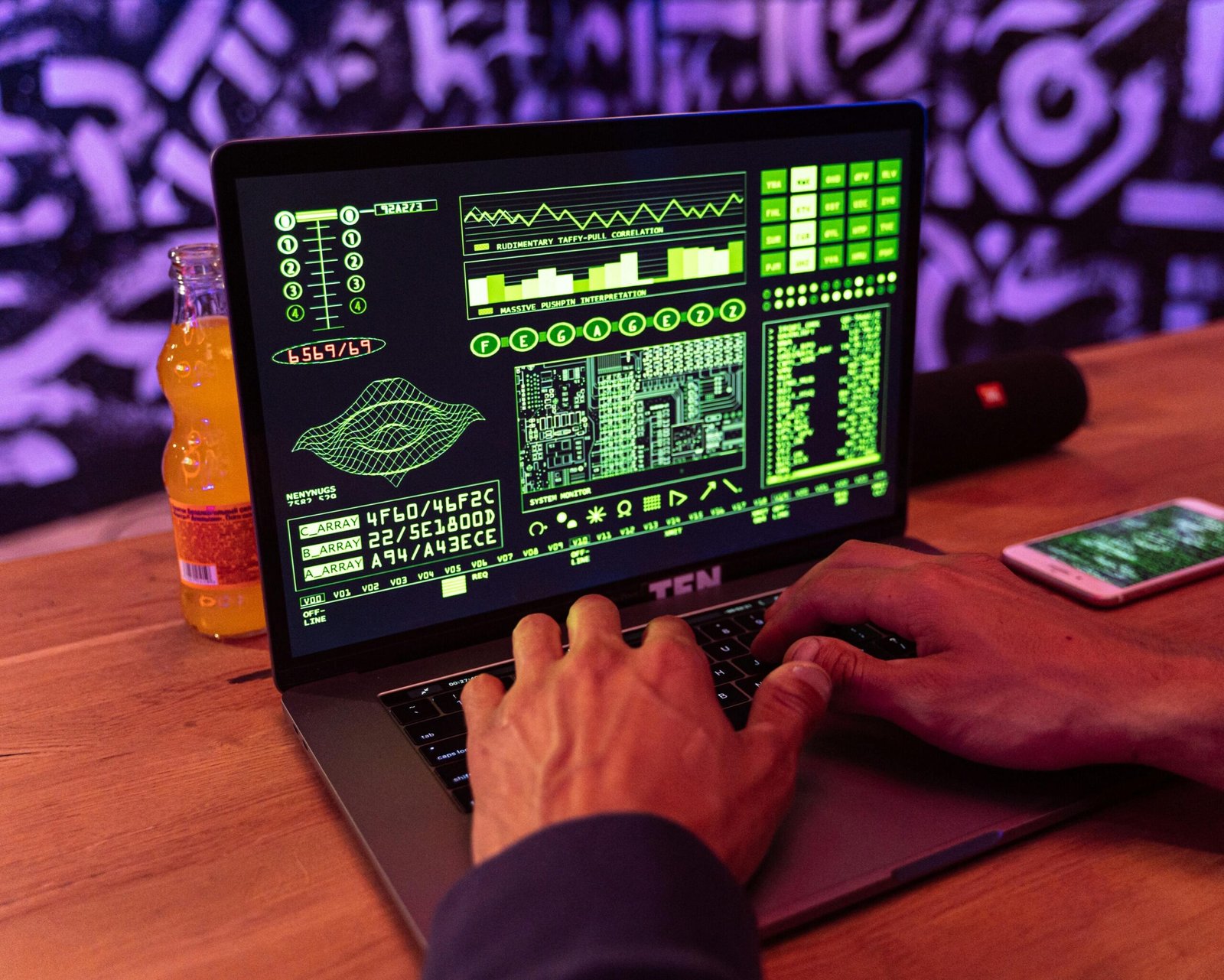Choosing the right laptop for programming can dramatically improve your productivity and work experience. Whether you are a software developer, a web designer, or a data scientist, your laptop’s specifications play a critical role in the smooth execution of coding tasks. In this guide, we explore the top 10 specifications every programmer should consider while choosing the perfect laptop for programming, tailored specifically for professionals and students in India.
Why Your Programming Laptop Specifications Matter?
The specifications of your laptop directly affect how efficiently you can code, compile, debug, and run programs. Unlike regular laptops, programming laptops need to handle resource-intensive tasks like running Integrated Development Environments (IDEs), simulators, or databases. A poorly chosen laptop can lead to slower development, laggy performance, and frequent breakdowns, causing significant frustration.
Fun Fact: According to a study by Stack Overflow, over 60% of developers state that a powerful laptop is essential for coding efficiently.
Key Specifications to Look for in a Programming Laptop
1. Processor (CPU)
The CPU (Central Processing Unit) is the brain of your laptop, responsible for executing programs. As a programmer, a fast and reliable processor ensures that your tools and applications run smoothly.
Recommended Specs:
- Intel Core i7 or higher, or AMD Ryzen 7 series.
- Minimum clock speed: 2.5 GHz.
- At least 4 cores for multitasking.
Pro Tip: If you work with heavy computations, like AI or machine learning, consider high-performance processors like the Intel Core i9 or AMD Ryzen 9.
Case Study: CPU Performance Matters
An Indian startup upgraded its developers from Intel Core i5 laptops to AMD Ryzen 7. The team reported a 30% increase in productivity due to faster compilation times and reduced lag.
2. RAM (Memory)
Multitasking is inevitable when coding. You’ll often have multiple IDEs, browsers, and other tools running simultaneously. RAM ensures these applications run smoothly without slowing down.
Recommended Specs:
- Minimum: 16GB.
- Ideal: 32GB for large-scale applications.
Benefits:
- Smooth switching between tasks.
- Enhanced performance during memory-intensive operations like running virtual machines.
Did You Know? In India, the cost of upgrading RAM has significantly decreased, making it easier to future-proof your laptop.
3. Storage (SSD vs. HDD)
Fast storage directly impacts your laptop’s boot time and application launch speed. For programmers, this is non-negotiable.
Recommended Specs:
- SSD (Solid State Drive): Minimum 512GB.
- Optional: An additional HDD for bulk data storage.
SSD vs. HDD:
| Feature | SSD | HDD |
|---|---|---|
| Speed | Extremely fast | Slower |
| Durability | Shock-resistant | Fragile |
| Cost | Higher | Lower |
For most developers, an SSD is a must-have for optimal programming performance.
4. Display and Screen Resolution
A clear and vibrant display ensures comfort during long coding sessions.
Recommended Specs:
- Screen Size: 15.6 inches for ample workspace.
- Resolution: Full HD (1920×1080) or higher.
- Features: Anti-glare coating and IPS panel for better viewing angles.
Why This Matters:
- Higher resolutions allow for better multitasking with split screens.
- An anti-glare screen reduces eye strain, especially during late-night coding sessions.
5. Graphics Card (GPU)
Not all programmers need a dedicated GPU. However, it becomes essential for certain domains like game development, AI, and 3D modeling.
Scenarios Requiring a Dedicated GPU:
- Graphics-intensive software development.
- Machine Learning.
- Graphics-intensive app development.
For regular programmers, integrated graphics (like Intel Iris Xe) suffice, but for specific use cases, opt for NVIDIA RTX series or AMD Radeon GPUs.
6. Keyboard Design and Comfort
A programmer’s keyboard is one of their most-used tools. Comfortable keyboards with responsive keys make long coding hours more bearable.
Features to Look For:
- Backlit keyboard: Essential for low-light environments.
- Key travel: Ideal travel is around 1.5mm to 2mm.
- Ergonomic design: Prevents wrist fatigue.
Pro Tip: Test the keyboard physically before buying to ensure it meets your comfort standards.
7. Battery Life
Good battery life is crucial for programmers who work on the go or in areas with inconsistent power supply.
Recommended Specs:
- Minimum: 8 hours of battery life.
- Fast-charging capabilities.
Examples:
Laptops like the Dell XPS 15 or the MacBook Air M2 offer long-lasting batteries, making them ideal for Indian students and professionals.
8. Connectivity Options
Developers often connect multiple peripherals, making ports and connectivity options important.
Essential Ports:
- USB Type-C.
- HDMI for external displays.
- Ethernet port for stable internet.
- SD card reader (optional).
Wireless Connectivity:
Ensure your laptop supports Wi-Fi 6 for fast and reliable internet speeds, especially when downloading tools or accessing cloud services.
9. Operating System (OS)The operating system you choose must align with your programming needs.
Popular OS Choices:
- Windows: Best for general programming and .NET development.
- Linux: Preferred for backend programming and open-source projects.
- macOS: Ideal for iOS app development.
Pro Tip: Many Indian developers dual-boot Windows and Linux to leverage the strengths of both operating systems.
10. Build Quality and Portability
A durable laptop ensures reliability, especially for programmers who travel frequently.
Features to Look For:
- Lightweight body for portability.
- Sturdy materials like aluminum chassis for durability.
- Compact dimensions.
Also read: How to Choose the Right Laptop for Beginners: 8 Easy Steps to Follow
Additional Factors to Consider in a Programming Laptop
Scalability
- Ensure RAM and storage are upgradable.
- Many laptops today allow easy upgrades.
Brand Support
- Choose brands with good customer service in India, like Dell, HP, and Lenovo.
Budget Considerations
- Budget laptops for students: Start at INR 50,000.
- High-performance laptops for professionals: INR 1,00,000+.
Common Questions About Programming Laptop Specifications
What Type of Laptop Is Best for Programming?
A laptop specifically designed for productivity and multitasking is best for programming. Focus on features like a high-performance CPU, ample RAM, and an ergonomic keyboard. Ultrabooks with robust processors and lightweight designs, such as the Dell XPS or MacBook Air, offer excellent balance for programmers.
Is a High-Resolution Display Worth the Investment?
Absolutely! High-resolution displays make code easier to read and allow for better multitasking by displaying multiple windows simultaneously.
How Do I Balance Performance and Portability?
Opt for Ultrabook like the Dell XPS series, which offer a perfect blend of power and portability.
Tips for Choosing the Right Programming Laptop
- Compare laptops online and in-store to get the best deals.
- Look for user reviews from Indian developers.
- Prioritize your programming needs over aesthetics.
- Ensure the laptop has sufficient RAM (at least 8GB) for smooth multitasking.
- Choose a laptop with good battery life for extended coding sessions on the go.
Common Platforms to Purchase a Laptop for Programming in India
| Platform Name | Key Features | Popularity (1-5) |
| Amazon India | Wide range, easy returns | 5 |
| Flipkart | Competitive pricing, fast delivery | 4 |
| Croma | In-store and online options | 4 |
| Reliance Digital | EMI options, brand deals | 3 |
Conclusion
Finding the perfect laptop for programming involves carefully considering the specifications that meet your unique needs. From a powerful processor and ample RAM to a comfortable keyboard and long-lasting battery, every feature matters. Invest wisely in a laptop that not only boosts your productivity today but also supports your growing career as a programmer.
“A good laptop isn’t just a machine; it’s your trusted partner in achieving programming excellence. Choose wisely!”



